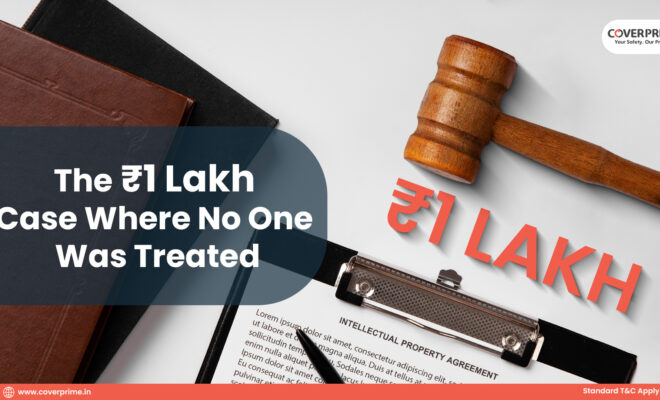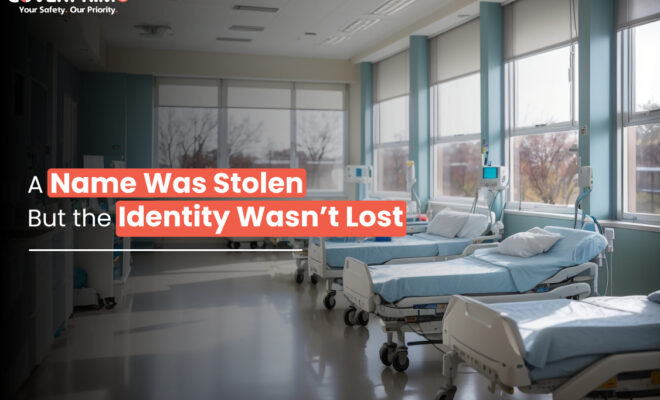The ₹1 Lakh Case -Where No One Was Treated

Introduction
In healthcare, rules are meant to protect, but sometimes, they become the very reason a doctor ends up on the defensive. This case from Assam is a telling example where no procedure was done, no medicine administered, and yet, the hospital was pulled into a legal battle. Not because of negligence, but because of adherence. Not because of a medical error, but because of a law that left no space for exceptions.
Case Background
It was December 2024, in the quiet winter lanes of Shillong, when a 50-year-old woman approached the Institute, which is one of the known units of a renowned Nursing Home, with one last hope: IVF.
The doctors listened carefully, kindly, but their hands were tied. As per Section 21(g)(i) of the Assisted Reproductive Technology (ART) Act, 2021, IVF for women above 50 is legally prohibited. The hospital had no option but to say no. They didn’t know that doing so would land them in court.
Patient Writ Petition filed against the hospital in the Meghalaya High Court. Though the hospital had done everything by the book, a Writ Petition was filed demanding that the court compel them to proceed with IVF. The hospital responded by appointing their advocate, unaware that this decision could forfeit their claim eligibility under their CoverPrime-supported legal policy. CoverPrime was only informed after the case was concluded. In insurance, just like in medicine, timing can mean everything.
Support from CoverPrime
Once informed, our legal expert conducted a thorough review, pulling consultation records, reviewing timelines, and applying legal scrutiny to every detail. Here’s what she uncovered:
- The first consultation occurred before the retroactive date of the policy, making the case technically ineligible.
- The hospital appointed an external advocate without notifying or seeking approval from the insurer, violating CP Protect policy terms.
Since no treatment had been administered, the case did not qualify under Professional Indemnity, but fell under CoverPrime. The hospital’s current plan, CP Protect, only offers consultation, not cost coverage or lawyer representation. In short, the case had legal merit but was structurally outside the bounds of what their policy could support.
Outcome
The case claim amount was ₹1,00,000; unfortunately, it has been denied by policy terms because the case predates retroactive coverage, as well as the external advocate appointed without consent. No actual treatment delivered, hence not PI-eligible.
Policy Implications highlighted the critical difference between CP Protect and CP Protect Plus. In law and insurance, intentions matter, but eligibility decides.
Impact
This wasn’t just a claim denial. It was a hard-earned lesson for the hospital and all of us. For the doctors: a moment of disillusionment where legal compliance still invited litigation. And for CoverPrime, a reminder that educating doctors on how their cover works is as important as the cover itself.
Closing Thought
We don’t just stand by our clients in their success. We stand with them when they’re blindsided by laws they’ve obeyed. Because every doctor deserves more than protection, they deserve clarity.
At CoverPrime, we don’t just insure outcomes, but we defend intent, and we never forget: behind every policy is a doctor trying to do what’s right in a world where the line between right and wrong is rarely black and white.
Disclaimer:
This case study has been anonymised where necessary to protect client privacy. All details are factual in the case.














